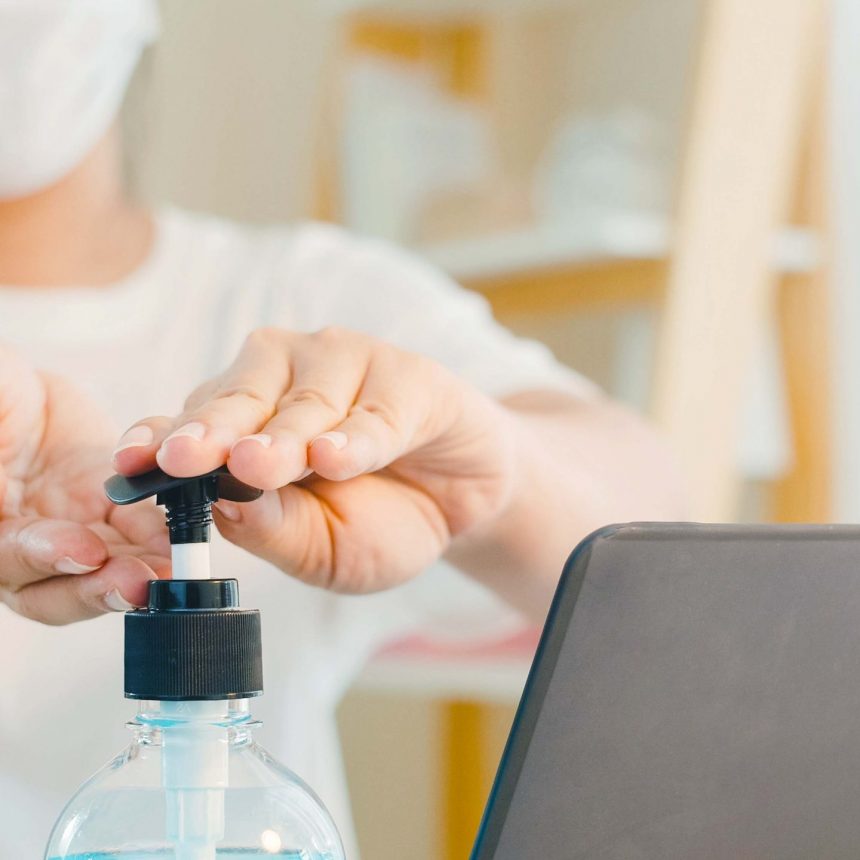There is no doubt that navigating Covid and its phases has been an ongoing challenge requiring us all to adapt our flexibility and understanding. While the pandemic is not over, we have reacted accordingly to adopt valuable tools to protect our community and created sound safety guidelines. This new phase with the Delta variant undoubtedly redirects the focus for us all to take notice and to protect one another as we continue to ride out the storm. Our clients and staff are like family members, and we want to extend a friendly reminder to follow protocol to help protect the community.
Findings Overview
Physicians affirm how the Delta variant has surged and who it targets; it is marked as more contagious and can have the same symptoms as when Covid first was introduced. It has been said that Delta is more transmissible than the common cold and influenza, and studies show that people are getting sicker quicker, especially amongst younger children. Another wild card of Delta is that it can be contracted even when vaccinated, though less so than how it adversely affects unvaccinated people. Medical experts urge that vaccination is the best protection against the Delta variant. Children under 12 are not yet approved to receive vaccinations, so it is encouraged to return to safety precautions to protect our kids. Some experts recommend wearing masks even when fully vaccinated– even with fully vaccinated adults, there is a small percentage of the virus that can be transmitted. It is crucial to wear masks, social distance, and get tested if you have symptoms to protect the vulnerable.
We understand that individuals may have unique circumstances preventing them from receiving the vaccine, and we respect people’s rights in how they protect themselves. However, for those who choose not to get vaccinated or are unable to get the vaccine, it is vital this population use extreme caution when going about their daily lives. Experts voice that those who are unvaccinated and not practicing preventive strategies are at higher risk for infection by the new variant.
Focus on Prevention
Prevalent practices of safety persist as the delta variant spikes around the country. We have come far since the beginning of Covid; however, with new information, we are implored to continue to adapt and stay wary of how this can continue to affect our daily lives. While it is clear that vaccination is the best line of defense, other preventative tools readily available like masking, testing, and social distancing all benefit our communities. Each measure of safety may have flaws, but if all are used in concert, the risk of spreading becomes lower.
In this phase of Covid, protecting children who are not of the vaccination age moves front and center as a foremost priority. Those who have compromised health or live with others who do are also reminded to consider returning to higher precautionary disciplines. Younger children who are not of the vaccination age should have limited exposure to social activities when they can. If socializing, encourage outdoor activities in smaller groups. As soon as a child has any of the Delta variant symptoms, get tested and quarantine until they know the test results to protect friends and other family members. The best chance we have to prevent stronger variations is to get more of the population vaccinated.
Work Return Rearrangements
We all became excited about resuming our lives on the work front, and Delta certainly throws a wrench in our plans. With that said, it does not mean we cannot continue with returning to some semblance of a regular workweek. Having fewer people at the office is a layer of safety to consider. For fully vaccinated employees, consider having them work remotely a few days a week and continue to utilize video conferencing tools. It may be helpful to create an office rotation schedule where employees can come into the office on some days and work remotely on others. This can help maintain a sense of normalcy while also practicing safety. A good policy to foster for office employees expects anyone who has symptoms to stay at home and get tested. Some offices of private organizations require proof of vaccination. While this is at a company’s discretion, it is the most effective protection for its employees.
The Delta variant raises new issues for the hospitality sector, given staff cannot perform duties remotely. Some restaurants and bars require their team to be vaccinated to return to work. For those who do not mandate vaccination proof, masks and regular sanitation are essential. Opting for al fresco dining is also a best practice in this phase. Restaurants and hotels should keep their regular cleaning schedule and ensure hand sanitizer is accessible for all.
Stay Safe
Remaining cautiously optimistic is our stance as we move forward. It is important to remind ourselves that the virus is still relatively new and that we are still learning about its effects and responding in real-time. After the excitement of releasing vaccines and reducing certain restrictions, taking a step backward can feel discouraging. The vaccines, social distancing, and masking are proven safe and effective. If your business is inclined to require vaccination for its staff, it can help alleviate the severity of safety measures. Integrity Services remains committed to ushering in the best safety practices for our customers and band together. We will get through this, and if we play it safe, we will all be safer.
